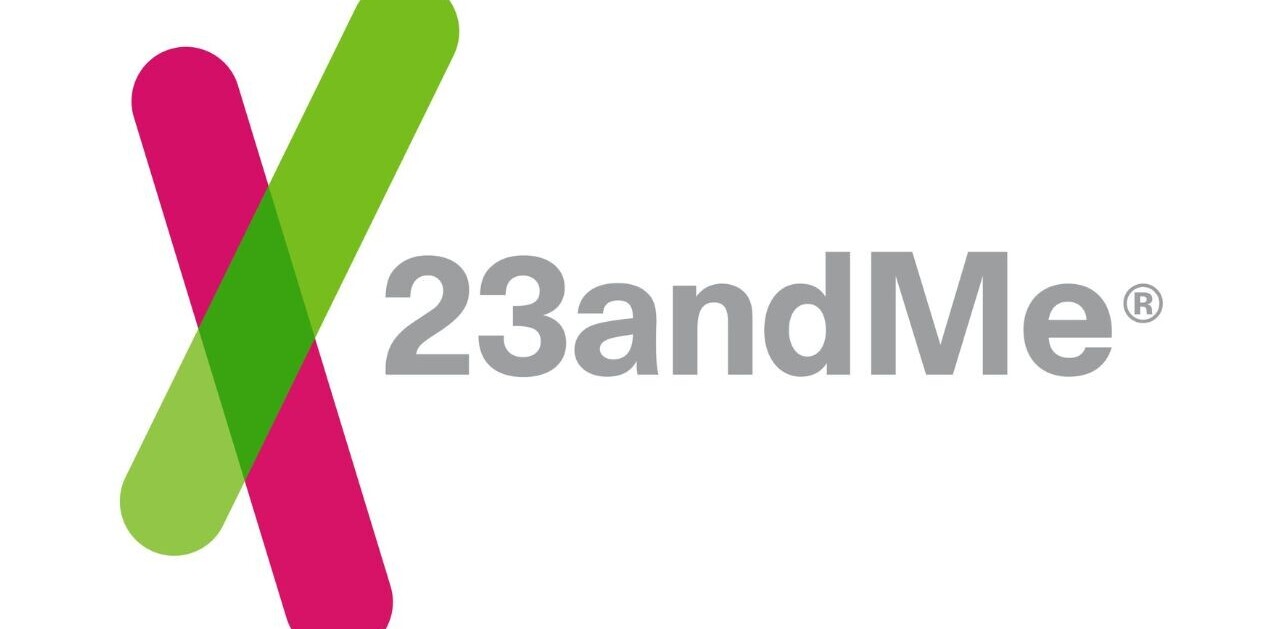
The Internet is revolutionizing education, as several companies and organizations disrupt the online education space including Open Yale, Open Culture, Khan Academy, Academic Earth, P2PU, Skillshare, Scitable and Skype in the Classroom. The Internet has changed how we interact with time and each other. We can be learning all the time now, whenever we want, and wherever we want. And because of that, we’re seeing explosive growth and new models in online education.
For the past year, renowned Stanford University professors Daphne Koller and Andrew Ng have experimented with new online learning tools like videos, quizzes and peer-to-peer platforms to teach free classes to just under a million students. In the fall of 2011, the two developed Stanford University’s first online education platform, which served two courses and had a total enrollment of 200,000.
Now, with $16 million in venture capital funding from Kleiner Perkins Caufield & Byers (KPCB) and New Enterprise Associates (NEA), the two professors officially launched Coursera, their new online education company that includes partnerships with Princeton University, Stanford University, the University of Michigan and the University of Pennsylvania to offer web-based classes on the Coursera platform for free. A total of 37 undergraduate and graduate-level courses across a broad range of disciplines will launch this spring.
“Imagine a future where top university professors in the country are teaching not just hundreds of thousands of students but hundreds of millions,” says Andrew Ng.

As part of the investment round, John Doerr, partner at KPCB and education reform advocate, and Scott Sandell, General Partner at New Enterprise Associates, have joined Coursera’s Board of Directors. “Higher education is ripe for innovation: it is too expensive and limited to a few,” says Doerr. “Coursera is unique in partnering with the best universities to offer free, global access to the world’s best teachers and courses. The potential is profound opportunities for personal — and economic — growth and development.”
Features on Coursera include:
- Lecture concepts broken down into 10-15 minute video chunks that enable students to learn in bite-sized pieces and use a trajectory personalized to their interests and needs.
- Frequent interactive quizzes embedded in lecture videos that increase retention of material.
- Sophisticated auto-graded exercises that give students instant feedback and enable mastery-based learning.
- A global learning community that facilitates discussions among international students.
A common issue raised against online education is the importance of quality, which many believe can’t be successfully scaled and can’t be generated by computers. For example, how do you assign and grade homework for courses of over 100,000 students?
A set of reinforcing social features is what makes Coursera different from the rest. An extensive ability for students to interact and support each other is built into its platform. It includes social Q&A forums, as pictured below, which help students give each other feedback and reduce duplicate questions.
Click the image to see the full size forum.

The platform also includes a peer grading system, based on an easy to use grading rubric that can scale to hundreds of thousands of students. When I asked how students can replace a professor’s expertise when it comes to marking an essay, Koller responded that the professor’s skills are best used in designing the questions and the grading rubric. Ng likens it to Amazon Mechanical Turk, where the average opinion of 10 workers is comparable if not superior to that of your average overworked TA.
While Coursera classes do not count towards normal university credit, Ng says that many of their students have used the classes to get better jobs at companies like Google and Facebook.
Classes will always be free on the Coursera platform because as Koller says, “Whenever there’s a decision to be made, we try to figure out what’s best to the students. And that’s the way we’ve been running the entire project.” Over the next 5 years, Coursera aims to educate tens of millions of students for free, while simultaneously transforming the approach, learning experiences and outcomes for education on a global scale.
Also read: Clayton Christensen: Why online education is ready for disruption, now.
olly via shutterstock
Get the TNW newsletter
Get the most important tech news in your inbox each week.




